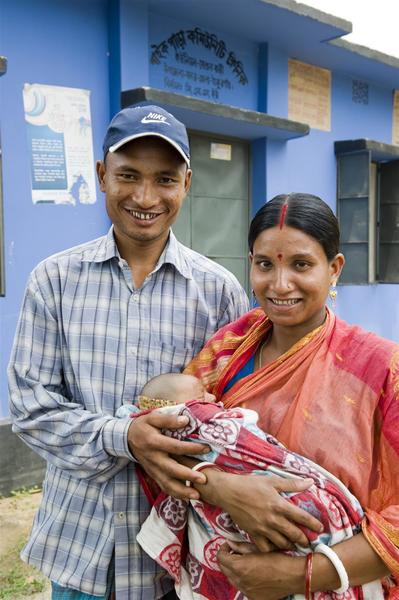In January 2018, the Quality Improvement Secretariat (QIS) of the Bangladesh Ministry of Health and Family Welfare took the lead in adapting and implementing the WHO quality of care framework in Bangladesh. The QIS, acknowledging the quality gaps across different sectors, expanded the framework to also include reproductive, child, and adolescent health standards. Draft standards were piloted in selected facilities in the Narsingdi district in central Bangladesh – one district hospital, two secondary level health facilities and one maternal and child welfare center - to explore their feasibility and relevance in this context.
Quality improvement teams in each of these facilities, working with partners to identify key challenges and gaps in providing quality care, conducted small-scale projects to improve the quality of antenatal care, labour monitoring, the administration of oxytocin to prevent postpartum hemorrhage, the management of maternal complications, the management of sick newborns and essential/immediate newborn care.
Eight months down the road, Dr Aminul Hassan, Deputy Director of the QIS and Dr Kazi Nazma Begum, Jr. Consultant Gynaecologist at Narsingdi Hospital shared with the Quality of Care Network the first encouraging results in terms of improved clinical practices such as a rapid increase in the use of partograph in the district hospital, a spike in the use of oxytocin within one hour of birth and an increase in immediate breastfeeding. They also told of the challenges of piloting quality of care standards at the facility level, from the difficulty to retain trained personnel, to the high workload of health workers and the efforts that are still required to guarantee an uninterrupted supply of well-functioning equipment.
Listen to the webinar recording and see their presentation: bit.ly/Bangladesh2-story
Photo: © UNICEF/UNI111360/Siddique;


